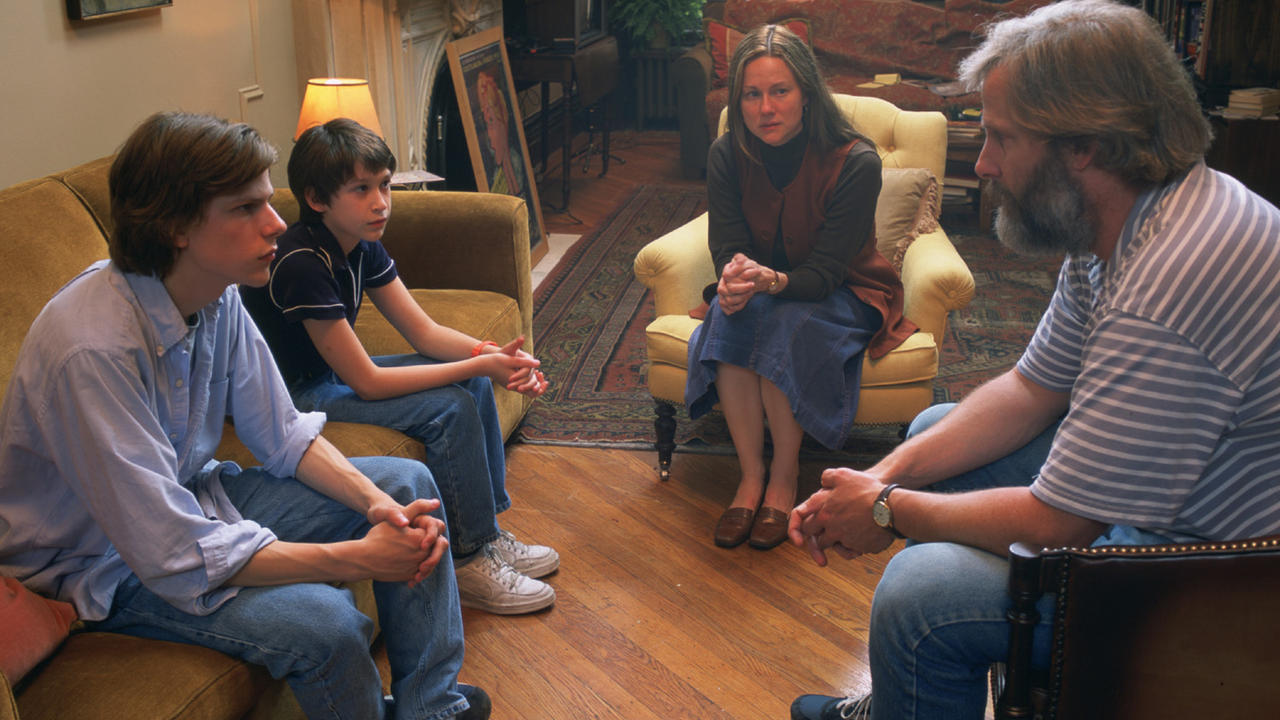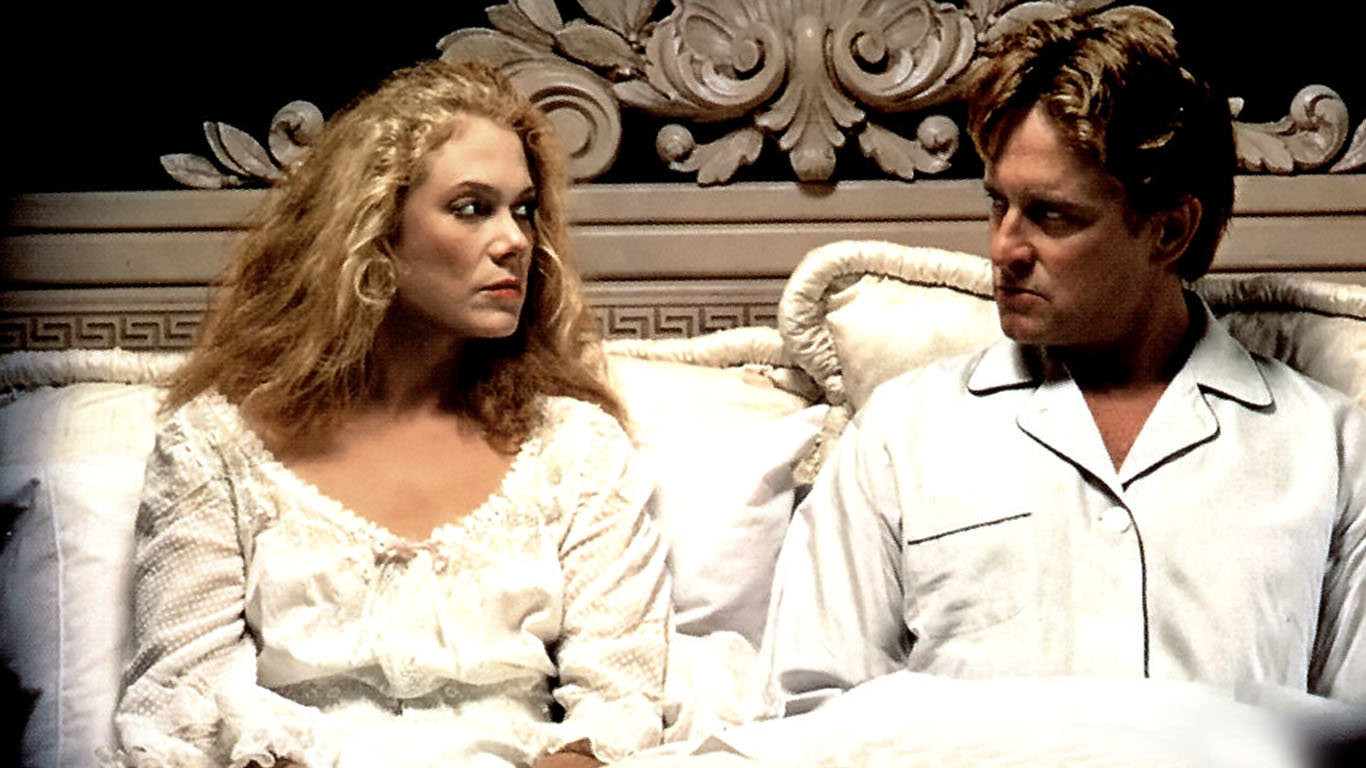|
The following interview is conducted with a young woman in her early 30s who works in finance. Below are her thoughts about her parents' divorce and how it affected the way she views life.
1) How did your parents' divorce in your teens affect how you think about money? My parents' divorce was perhaps the biggest influence in shaping my perspectives about money, and subsequently my career. Seeing the chaos at home while my parents were together, and later as my mother returned to the workforce as a single parent, instilled in me a profound fear of repeating these same patterns. The financial stress (real or perceived) was pervasive and touched each purchase, making even family vacations guilt-inducing rather than truly relaxing or bonding. I remember growing up with an arbitrary sense of scarcity, and the notion that every single purchase, ranging from grocery store shopping to clothing to dinners out, came with immense guilt. There was no line between spending with freedom and purpose, and buying things "we couldn't afford". Post-divorce, this mentality continued and was compounded by my mom's reliance on alimony after an acrimonious split. She was not independent, free, or self-sufficient, and was instead tethered to an ex-husband who resented her. She had to fight for each payment, and struggle to maintain employment in a competitive workforce that she had left years ago. Besides illustrating the vulnerability of non-earners in single-income households, the divorce also refined my perception of gender roles and brought the disparity into focus. My mom was a devoted caretaker and manager of the household: we had freshly laundered towels every single day, homemade french toast for breakfast, and were routinely and punctually driven to school, appointments, and activities by my mom. She was involved in the PTA and served as a dutiful biographer of the family, always with a camera in hand to snap photos for the yearly scrapbooks documenting our lives. These were the activities that filled her time in place of the full-time job she had before choosing to stay at home and raise the children. In the divorce, my mom received alimony and child support, calculated on variables such as duration of the marriage, age of the children, and earning capacity. Quality of care-taking was not a factor in determining a fair settlement for my mom, and it was disheartening to see how little value is tangibly ascribed to "home production" activities. As the sole earner, my dad held most of the power. While divorce is not predictable, I saw these financial challenges as issues that could have been avoided with preparation and foresight. I decided that I did not want to live the way my mom did, and I would do everything I could to prevent that. Independence became a virtue and a mindset - if I wanted a house someday, it would be wise to expect to pay for it myself - and I decided that I was responsible for crafting the life I wanted. No one else could necessarily be relied upon to deliver that permanently. Sentiments and life circumstances change, and I can envision myriad outcomes and ways to be prepared. My perspective is not bleak or antithetical to romance, however; I see a potential partner providing emotional fulfillment and companionship, and am not expecting my material needs to necessarily be provided for. This is the privilege of self-sufficient individuals - we can search for partners we want, not partners we need. 2) How did that impact what you ultimately decided to do, career-wise, post-college? My parents' relationship with money influenced how I thought about careers even before they technically separated (when I was 15). I saw them argue about finances and purchases frequently, and there was an overall attitude of "never being able to afford anything", except when my parents chose to spend. It was a confusing, contradictory, and seemingly arbitrary approach to spending the created tension in the household and became a main focal point of daily life. Observing the consistent stress, attention, and energy my parents spent on finances, I decided at around age 13 that I never wanted to feel so constricted by money in my own adult life. I wanted the freedom to spend without crippling guilt or devoting overwrought attention to budgeting, so a career in business or law seemed like a good path. I started college with the intention of being a lawyer, and planned to major in economics and business and minor in rhetoric. I loved the material, and particularly took to analytical courses in economics and statistics. When I learned about the field of investment banking in sophomore year, the nature of the job (analytical, rigorous, quantitative) and the pay made it seem like a good post-undergrad career. I wanted to be financially independent as soon as possible, and entering investment banking allowed me to do that right away. I feel lucky that I enjoyed the field enough to want to stay in finance. While I enjoy my job, earning the type of income where I do not have to stress about finances the way my parents did certainly makes me appreciate the job even more. Earning that level of income is not sufficient for devoting oneself to a career (for me), and it's perhaps not really absolutely crucial compared to having passion for my career, but it is something I greatly appreciate. 3) When you look back at the divorce, how do you think that shaped you as a person? The divorce definitely reinforced the value I place on independence and self-sufficiency, and also probably contributed to my ambition. Seeing that a marriage does not necessarily provide security shattered an illusion that many young people hold, I think. That experience adds dimension to how I imagine the downside, and it allows me to prepare accordingly. For example, I would like to have a relationship and family, but I also plan to stay in the workforce throughout that. I can vividly imagine a scenario where my partner changes in ways I could not foresee and decides he does not want the life we built together anymore, perhaps when the kids are in junior high or high school. If that were to happen, and I had to rely solely on alimony and child support, that would add a layer of stress to an already challenging life event. This scenario played out in my family, and I saw my mom leave her job to raise my brother and me as children, and then be forced to re-enter the workforce much later and compete in a different employment landscape. Her struggle and the tension arising from spousal support disputes were acutely painful, and I hope that remaining in the workforce helps mitigate any risk that I face those financial challenges in the future.
Comments
Money Talk with a Business School Professor about Divorce, Luck, and Growing Up in the 50s!1/15/2017 1. Tell me about your background.
I am a male tenured business school professor at a top-ranked school in the Midwest. I am in my early 70’s. I grew up in a relatively middle class household in the 1950s with a very financially conservative family. As a child, my dad worked as an artist and sold paintings to hotels and offices. There were years when business was good and years when he barely earned anything. In addition to working as an artist, he taught high school art. My mom was a middle school teacher for the mentally disabled. We moved around a lot based on where my dad could find work. In college, I always had a series of odd jobs (library clerk, waited tables, research assistant). My parents actually paid for my college tuition whereas I was just responsible for paying my living expenses so I didn’t have any student debt. Keep in mind that I went to college in the 1960s so obviously tuition back then wasn’t what it is now. When my parents passed away in their late 80s, they left some money behind but not much. My brother and I got around $10K in cash and $20K in stock. They would have left more but much of it was used up for my mother’s assisted living expenses. 2. What does your financial situation look like? I am financially okay, but certainly not wealthy. I went through a divorce a few years ago and my assets got cut by half. My ex-wife gets half of everything I make, as long as I keep working. I really like my job and plan to work for as long as I can but that’s how the settlement went. I have always been a “dreamy academic” and never gave much thought to money. I always assumed that I would make enough. My wife handled all the finances and for a long time, we earned almost equal amounts of money and lived a very comfortable life. But she quit her job (she was also a tenured university professor) unexpectedly about 20 years ago and that really messed up our finances. We had to sell several properties we owned and I had to move across the country to a new school where my salary tripled. Our financial problems pretty much went away when my salary tripled and I again, never gave much thought to money. My wife continued to manage all the finances and I chose to leave money management in her hands. Now that I think about it, my ex-wife could have taken advantage of my ignorance, but I am sure she was always honest and never lied to me about anything. I believe the 50-50 split of my current income is close to the legal norm for divorce after a long marriage, and I am comfortable with that arrangement. We’re both in our early 70’s and I’m sure most of the money I give her will just end up going to our two children, the way I intended. At the moment, I have about $1 M in retirement savings, a house in the West that is likely to be worth more than $2 M in 5-10 years (the housing market where that house is located is fluid), and an apartment currently worth about $300 K. 3. How long do you want to live? Probably for another 15-20 years, until I’m in my late 80’s. It really depends on physical status and whether I can still mentally and physically function at the level I want to. I really think this becomes a lottery after age 70. If I ever need assisted living help, I will sell my properties to pay for that. 4. How do you define rich? It depends on the context. When I was growing up, I thought it was $10 M. Being rich is being able to do whatever I want, and if I had to say a number today, I’d say $30 M. My ‘wish list’ is mostly based on being able to live in several locations, as I like variety in my “living environment.” At the limit, I’d like to have a studio apt in Manhattan, a studio apt in San Diego, an apt where I live and work now, and my house in the West. I would like the ability to fly in whenever I want at the drop of the hat. I plan on spending all my money on myself. I’m sure there will be some money left left for my two children but I don’t plan on it. I’m also not interested in philanthropy and giving money away. 5. What does your family situation look like? Do you financially support them in any way? As I mentioned, my ex-wife hasn’t worked in 20 years and I pay her alimony. We have two children - one is a consultant at a Big 4 accounting firm, and one is working in a scientific research lab. My ex-wife and I paid for their college / grad school education and still help them out occasionally, especially the one working at the academic lab who isn’t making too much right now. My policy is to contribute or pay for any educational costs as they continue to develop their careers. 6. Tell me about an experience you had with money that was notable to you. When my ex-wife unexpectedly quit her job. This was the first time I had to face the prospect of really downsizing my life. At the time, we were living in the West and we had to sell the property lot next to our home (we sold for $500K, it is worth at least $1.5 M now) in addition to a ski condo. I had to change jobs and moved across the country to do so. My new job paid three times as much as my old one and the raises I’ve had every year are great. But my ex-wife and children never actually moved with me, they just stayed put in the West. 7. How do you think that has influenced your behavior with money since? My behavior actually didn’t change at all since I started to make more money and our money problems went away. Looking back, I really should have taken a more active interest in our finances and regret this now. 8. Can I ask why your ex-wife quit her job? She’s always been an incredibly high achiever and liked being at the top of whatever she was doing. She went to top schools for college degree and her PhD, she was a nationally ranked athlete, and she was promoted at a very high rate in her first jobs. However, her academic career moved more slowly and she felt a strong pull to spend more time with our young children. So, she decided to quit to stay at home with our children. Practically speaking, there was no compelling reason to quit to spend time with the kids. A tenured university professor job is one of the most flexible jobs in the world, and she got paid reasonably well. I urged her to stay in the university job, but once she made up her mind, I couldn’t talk her out of quitting. 9. What was your most impulsive purchase? I bought a BMW SUV once and then realized I didn’t need something that extravagant. I traded it in for a used Honda and have driven economical used cars ever since! 10. What was your best purchase? Financially speaking, my wife and I bought a house once and tripled our investment in less than five years when we sold it. This was completely by accident. The housing market was on fire and we were the lucky recipients. And, with reference to personal consumption I really like investing in experiences (scuba diving, cycling, hiking, skiing). 11. Do you worry about money? No, not really. My job pays me really well and like I said, I’ll sell my properties to pay for assisted living care if / when I need it. 12. Do you splurge on anything? If so, what was the last splurge and how much was it? No, not really. I like fancy hotels but my definition of a “fancy hotel” means that it has a good gym because I really like to work out! 13. What has happened in your life financially that you attribute to luck? You must have worked hard to achieve what you did but luck was obviously involved in many cases. When I think about luck, I think about it as being something you can’t control. My ex-wife and I made a huge profit off one house we bought but that was purely by accident as we stumbled upon a major housing boom in that area. However, we also lost a tremendous amount of money after she quit her job. So I guess it all evened out. 14. You mentioned earlier that your two children will probably not receive much from you after you pass away. Do they know this? If so, how do they feel about it? They’re both okay about it. We paid for their education, both for college and grad school, so they had a huge advantage right there. My older child is in his late 20’s and has been working as a consultant for one of the Big 4 firms so he makes a good living. He has excellent saving and investing habits. My younger child is in his mid 20s and just began working at an academic lab which he hopes will get him into grad school in a few years. I help him more financially, but overall, they both have seem to have good self-control over things. 15. Is there any advice you would give to our readers? Start paying attention to your finances sooner. I really wish I had done so. Even though I’m not worried about my personal financial situation, I could have avoided a lot of unpleasant situations if I had paid more attention earlier. |
What is this?
An anthropological look at how people think about money. Created and edited by Star Li. Archives
December 2022
Categories
All
|



 RSS Feed
RSS Feed